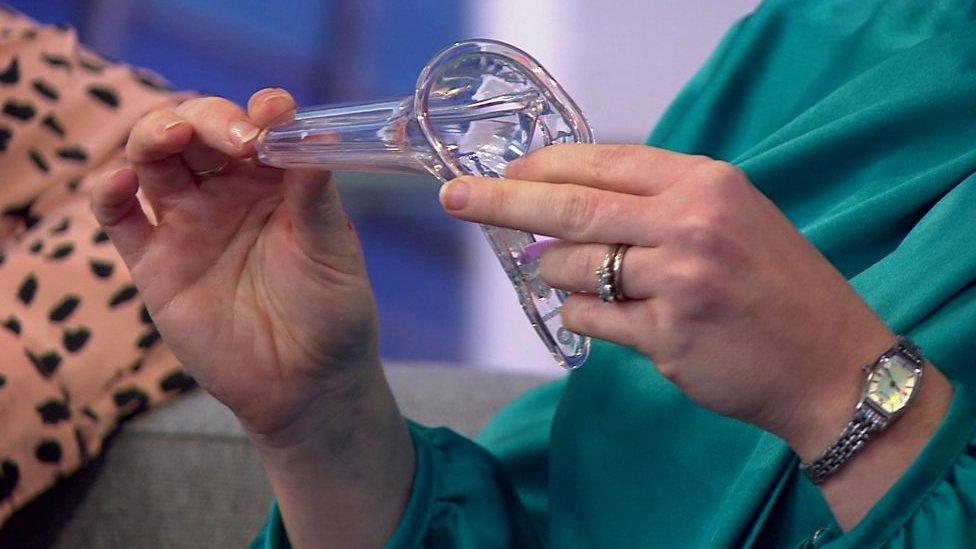Cancer care: England still lagging behind the best
- Published
- comments
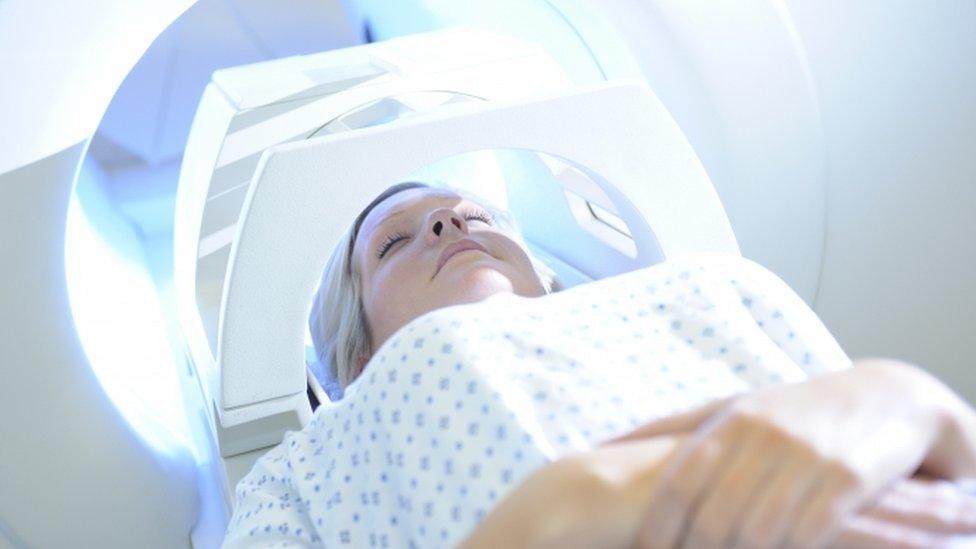
England has failed to close the gap on the best-performing nations when it comes to cancer care despite 20 years of trying, analysis suggests.
The review by the Health Foundation of the government's record between 1995 and 2015 said that despite four strategies setting ambitious goals, the NHS was still lagging behind the best.
It said if services were improved, 10,000 lives could be saved each year.
Ensuring earlier diagnosis was key, it said.
Prof Sir Mike Richards, a former government cancer tsar who led the review, warned patients were finding it too difficult to get access to the tests and scans.
"Although progress has been made, the aims of all these strategies have not been achieved."
If you can't see the NHS Tracker, click or tap here, external.

He said the number of missed opportunities to save lives was the equivalent of a "jumbo jet of people falling from the sky every two weeks".
It comes just a month after the prime minister promised to make early diagnosis of cancer a key priority for NHS spending in the coming years.
How far behind is the NHS?
Survival rates are improving. Back in 2000, 62% of patients survived for at least a year. By 2015, this proportion had risen to 72%.
Meanwhile, five-year survival has increased from 42% to 53%.
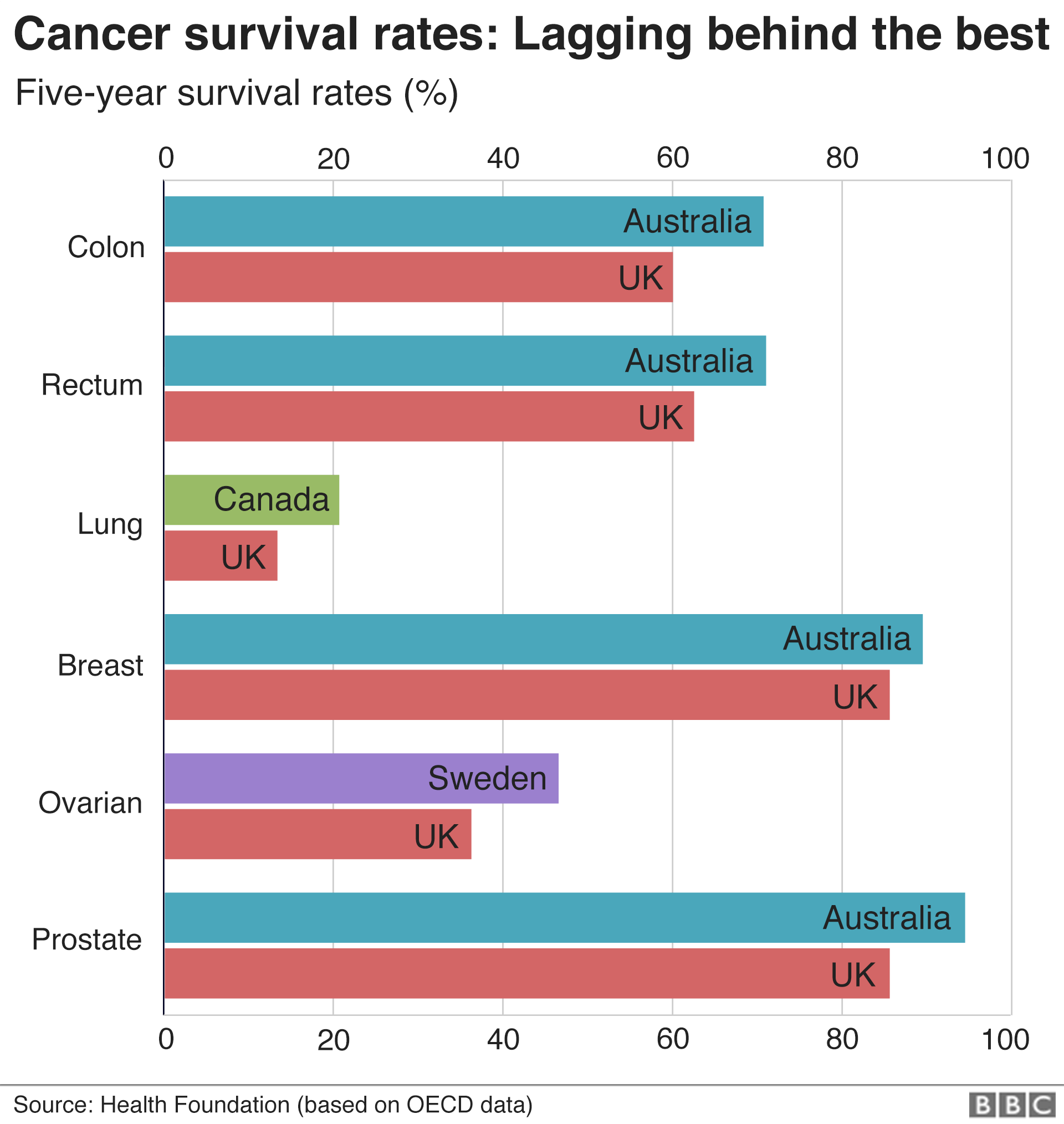

But other nations have improved too. The Health Foundation highlighted the UK's performance against five other nations - Canada, Australia, Denmark, Norway and Sweden.
This was done for six key cancers - colon, rectum, breast, lung, ovarian and prostate.
For each, the UK has remained in the bottom two since 2000 for five-year survival. Only on breast cancer has it actually closed the gap with the best.
The think tank highlighted figures showing 10,000 deaths could be prevented each year with better diagnosis. That represents one in 13 deaths from the disease.
What is the problem?
Sir Mike talks about the "tight gate-keeping" in the NHS.
He said GPs were under pressure not to refer too many patients, while the NHS did not have enough equipment or staff to carry out all the tests and scans it ideally should.
Tackling this would require major investment, the report said.
GPs refer nearly two million patients a year for urgent tests and scans - nearly four times the number they did over a decade ago.
But the rise in referrals has coincided with long waiting times, with the NHS now struggling to meet its targets.

And despite the extra numbers being referred, one in five cases is still diagnosed via an emergency presentation in places such as accident and emergency units.
Patients diagnosed via this route are less likely to survive as the cancer has been diagnosed late.
Sir Mike said services had also been undermined by the 2012 Health and Care Act, which led to regional cancer specialist groups being scrapped as part of the wider shake-up of the health service.
He said this had prompted lots of experienced professionals to leave the NHS.
What is the government doing?
Sir Mike welcomed the fact the government had promised extra funding - £20bn extra a year by 2023 - and that cancer would be a key focus for that.
Last month, the prime minister promised a new strategy to ensure three-quarters of cancer were diagnosed early - currently only half are.
NHS England is already piloting rapid diagnostic clinics. These are basically one-stop testing centres where patients can get access to a range of different specialists and procedures often on the same day.
Sir Mike said these steps would help.
He also called for more to be done to raise awareness among the public of the signs and symptoms to look out for - research shows people in the UK are sometimes reluctant to come forward when they are showing signs of cancer.
And he said the NHS needed to look at new approaches, pointing to research showing people at high risk of lung cancer could benefit from a new form of screening for the disease by using low-dose CT scans.
The Department of Health and Social Care said improving early diagnosis was a "key priority", pointing out from next year a new 28-day target for diagnosis would be rolled out.
- Published22 January 2018
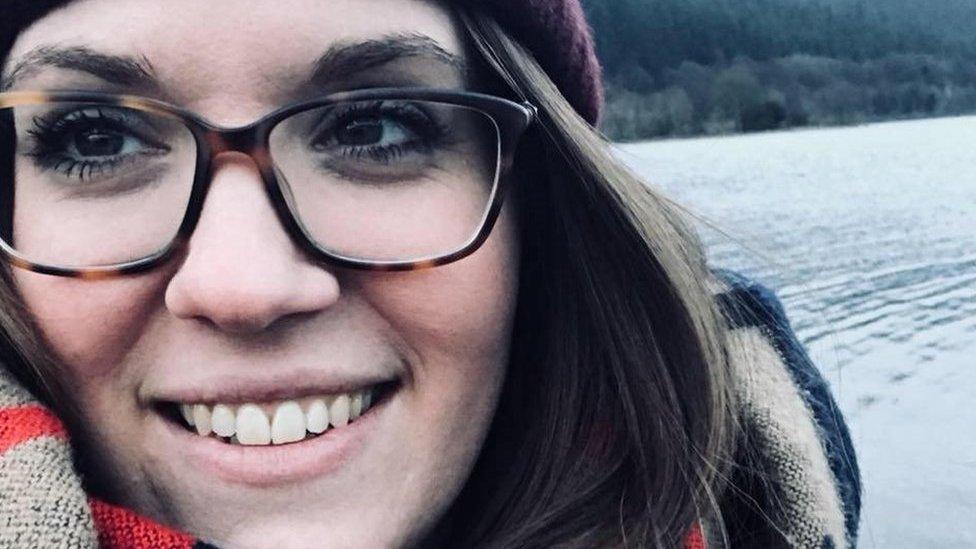
- Published18 September 2018
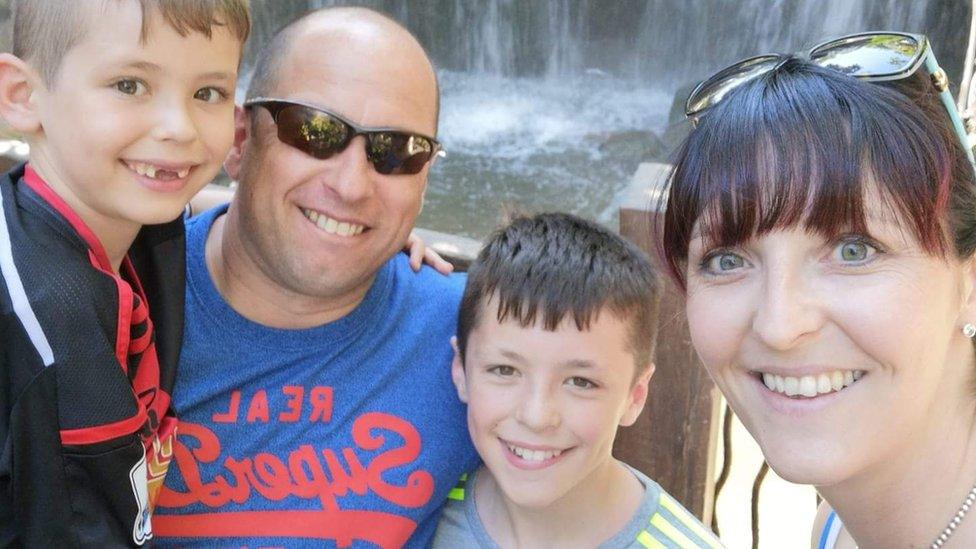
- Published12 September 2018
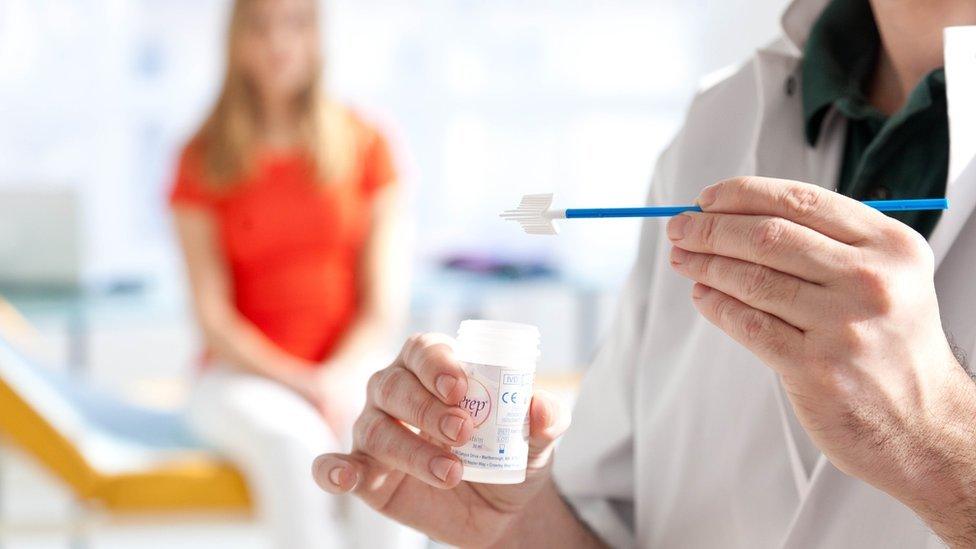
- Published28 February 2018
